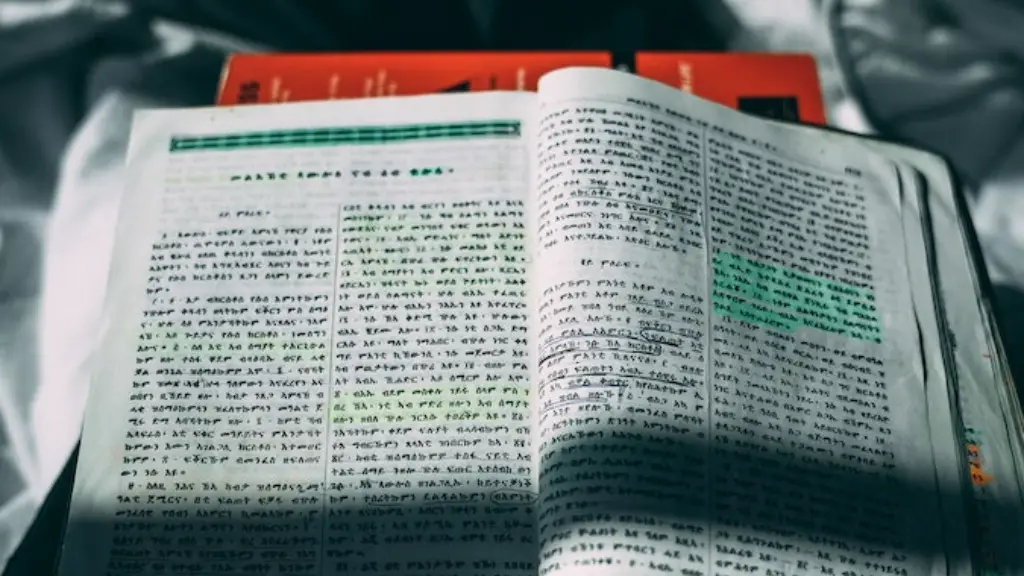Dannah Hannah is an established poet and author who loves to write about the beauty and power of poetry. She has published several collections of her own works, as well as articles and reviews on poets she admires. She holds a Bachelor of Arts in English, with a specialization in poetics, from the University of Toronto. Hannah was also a panelist for the 2017 Futurepoem book Poetry + Social Justice, which aimed to bring attention to activism through poetry. She lives in Toronto, Canada, where she continues to write and explore the depths of poetry and its influence on our lives.

